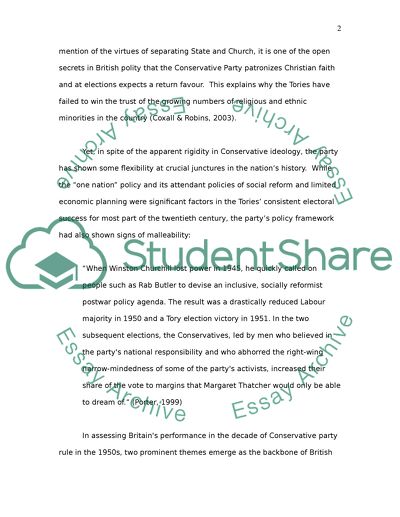Cite this document
(The Main Features of British Politics Assignment, n.d.)
The Main Features of British Politics Assignment. https://studentshare.org/politics/1551724-introduction-to-british-politics
The Main Features of British Politics Assignment. https://studentshare.org/politics/1551724-introduction-to-british-politics
(The Main Features of British Politics Assignment)
The Main Features of British Politics Assignment. https://studentshare.org/politics/1551724-introduction-to-british-politics.
The Main Features of British Politics Assignment. https://studentshare.org/politics/1551724-introduction-to-british-politics.
“The Main Features of British Politics Assignment”. https://studentshare.org/politics/1551724-introduction-to-british-politics.


